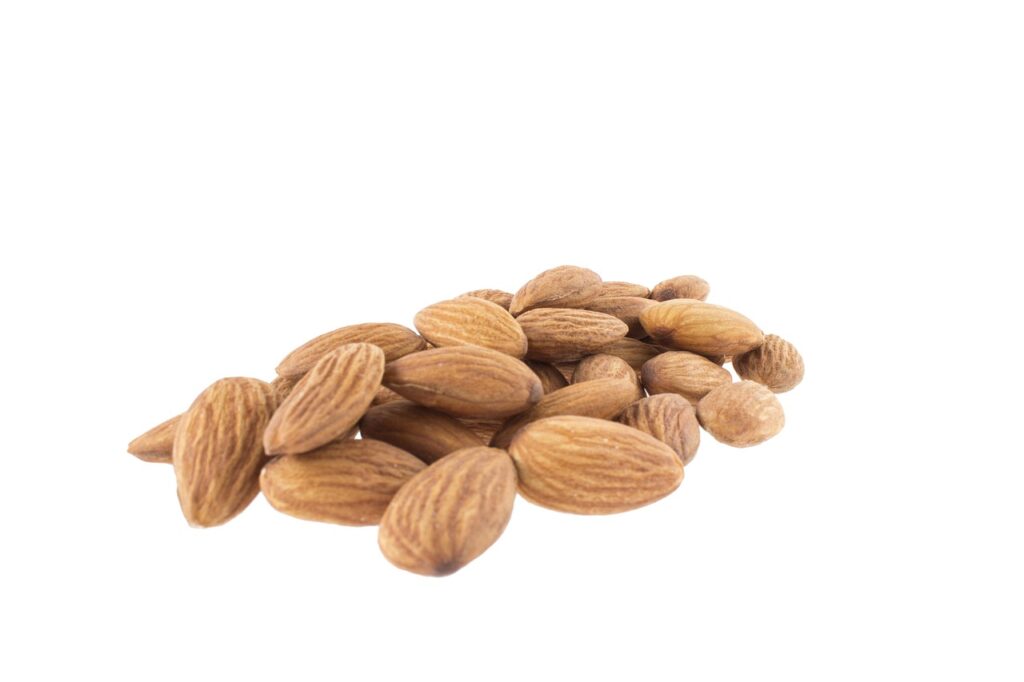Living with Gastritis is mostly about learning what foods you can or cannot tolerate. It’s something that I have come to understand fully in my years of grappling with the disease. If you’re looking for gentle, non-irritating alternatives to dairy, you may be wondering: Can I drink almond milk with gastritis? The short answer is yes, but there’s more to the story.
In this article, we’ll explore what gastritis is, how almond milk is made, and why it may be a suitable (or unsuitable) choice depending on your unique situation.
What Is Gastritis?
Gastritis refers to the inflammation of the stomach lining. It can be either acute or chronic. Causes range from H. pylori infection and excessive alcohol consumption to long-term NSAID use and stress. Common symptoms include:
- Bloating
- Nausea
- Indigestion
- Stomach pain or burning
- Loss of appetite
Diet plays a significant role in managing gastritis. Foods and beverages that irritate the stomach lining, such as acidic, spicy, or heavily processed items, are typically avoided. These types of foods usually act as gastritis pain triggers.
What Is Almond Milk and How Is It Made?
Almond milk is a plant-based beverage made by blending almonds with water and then straining the mixture to remove solids. The result is a smooth, nutty-flavored drink that’s naturally lactose-free, low in calories, and often fortified with nutrients like calcium, vitamin D, and vitamin E.
Some commercial almond milks may also include:
- Stabilizers or thickeners (e.g., carrageenan, gellan gum)
- Sweeteners (sugar, cane syrup, or artificial sweeteners)
- Flavorings (like vanilla or chocolate)
Understanding the ingredient list is key to determining whether a particular almond milk is suitable for gastritis.
Is Almond Milk Safe for People with Gastritis?
Generally, plain, unsweetened almond milk is safe and often beneficial for people with gastritis. Here’s why:
Benefits of Almond Milk for Gastritis
- Low Acidity
Almond milk is less acidic than dairy milk and many fruit juices. A lower-acid beverage helps reduce stomach irritation. - Lactose-Free
Many people with gastritis also experience lactose intolerance, which can exacerbate symptoms. Almond milk offers a soothing alternative. - Anti-Inflammatory Properties
Almonds contain vitamin E and other antioxidants, which can support healing and reduce inflammation in the digestive tract. This is crucial. Remember we noted that gastritis is inflammation of the stomach lining. So, anything that can bring down the swelling is good for people with the disease. - Gentle on the Stomach
Compared to dairy or soy milk, almond milk is generally easier to digest and less likely to cause bloating or discomfort.
What to Watch Out For
Not all almond milks are created equal. Some may contain ingredients that can aggravate gastritis symptoms. Here’s what to avoid:
Sweetened or Flavored Almond Milk
Added sugars can increase inflammation and contribute to digestive discomfort. Stick to unsweetened varieties.
Thickeners and Additives
Some people with gastritis may be sensitive to additives like carrageenan, which has been linked to GI distress in some studies. Look for almond milks with minimal ingredients.
High-Fat Content
While almond milk is typically low in fat, creamier versions or blends with added oils might cause slower digestion, which isn’t ideal for gastritis.
How to Choose the Best Almond Milk for Gastritis
When shopping for almond milk, consider the following:
- Check the label for a short ingredient list (e.g., almonds, water, sea salt).
- Choose unsweetened, unflavored varieties.
- Look for “carrageenan-free” or opt for homemade almond milk if you want full control over ingredients.
How to Make Homemade Almond Milk (Gastritis-Friendly Recipe)
Ingredients:
- 1 cup raw almonds (soaked overnight)
- 3–4 cups filtered water
- Optional: a pinch of sea salt
Instructions
- Drain and rinse the soaked almonds.
- Blend with water until smooth.
- Strain using a nut milk bag or fine mesh sieve.
- Store in an airtight container in the fridge for up to 4–5 days.
This version is free from preservatives and additives, making it ideal for sensitive stomachs.
Almond milk is good for you if you have gastritis
So, can you drink almond milk with gastritis? In most cases, yes, especially if you choose a natural, unsweetened, and additive-free variety. Almond milk is a soothing, gentle beverage that can fit well into a gastritis-friendly diet.
However, individual reactions can vary. If you’re unsure, it’s always best to consult with your healthcare provider or a registered dietitian to personalize your dietary choices.
